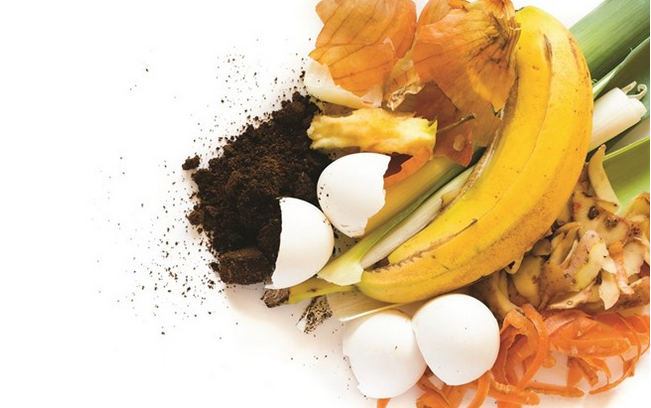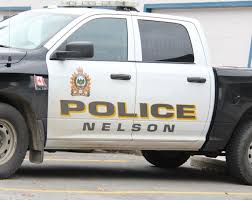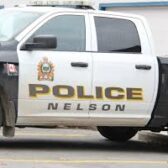Complaints about smell on garbage day and frequency of pickup a work in progress: mayor
The smell on garbage day in Nelson won’t be going away soon enough, despite a number of people complaining about the scent and bi-weekly garbage pickup.
Mayor John Dooley said it will be around one year before the city will launch its much-awaited organics waste diversion program — curbside compost collection — and take the odour of rot out of the trash.
But he said the city has been receiving plenty of requests for organic collection to be fast-tracked, as well as the return to weekly trash collection, instead of the bi-weekly rotation now in place.
“We feel fairly confident with the conversations we have had as a council, as a staff, that if we can get this organics program rolled out in the next year … we will eliminate that product from the garbage and that eliminates the smell,” he said recently.
The composting system the city will be putting into place will deal with that smell at the source, which is on the kitchen counter, Dooley noted.
“It is council’s prerogative to have weekly pick up, but there is (an extra) cost attached to that,” he added.
Coun Keith Page said there has also been a sizable amount of requests for the return of the bear-proof garbage bin, something the city offered to the public four years ago.
“Are we earmarking any money to bring back bear-proof bins?” he asked in a council meeting in early September. “Because there are certainly a lot of people asking for that to return.”
City manager Kevin Cormack said the city ran the offering for one year and it was due to foresight and effort of the WildsafeBC coordinator at the time (Dave White). Although the city warehoused the bins it was a fair amount of work to distribute and maintain the program.
Even so, if another partner wanted to collaborate around another such program the city could do it again, Cormack said.
“But once we get those organics out of the waste stream it will reduce a lot of those conflicts we are seeing,” he said, and reduce the smell in the trash.
A first look
Although the first phase of the regional district organic waste diversion strategy has launched it will be later this year before a limited version settles in to serve the Heritage city.
The Regional District of Central Kootenay (RDCK) opened its first composting facility in summer, completing the construction of a new facility in the Creston landfill to handle the collection of curbside organics in the town of Creston.
The RDCK is still developing a similar program for Nelson to reduce greenhouse gas (GHG) emissions.
“(T)he RDCK is working with the City of Nelson to obtain diversion of organics from their municipal waste stream resulting in equivalent GHG reductions,” said RDCK communications coordinator Dan Elliott at the time.
Nelson was to receive an upgrade to its Grohman Narrows transfer area — as will the Ootischenia landfill — to accept organic waste. Grohman Narrows may be operational later this fall and will offer services to commercial haulers, allowing businesses and residents to drop off organics at a reduced fee (compared to garbage).
Almost half the organic waste currently being put in B.C. landfills is generated by the commercial sector. The RDCK is still working to convince local commercial haulers, institutions and businesses to have organics diverted into the processing facilities.
There is a central composting facility being constructed near Salmo — work began in May — and is expected to be online by October. But this facility will not be accepting organics from Nelson, instead obtaining material from Castlegar, commercial sources and the greater Trail areas of the Regional District of Kootenay Boundary.
This year the next phase of organics diversion could see the beginning of development of rural curbside collection.
Reducing the load
Residential organic waste makes up approximately 35 per cent of material sent to landfills in B.C.
“In the quest for zero waste, the RDCK’s new program will help to reduce greenhouse gas emissions, save landfill capacity and reduce leachate impacts,” Elliott said. “Leachate is the contaminated liquid running through a solid waste disposal site and it is difficult and expensive to manage.”
The Creston and eventually Salmo composting facility programs are expected to divert over 2,000 tonnes of organic waste from entering the landfills.


























